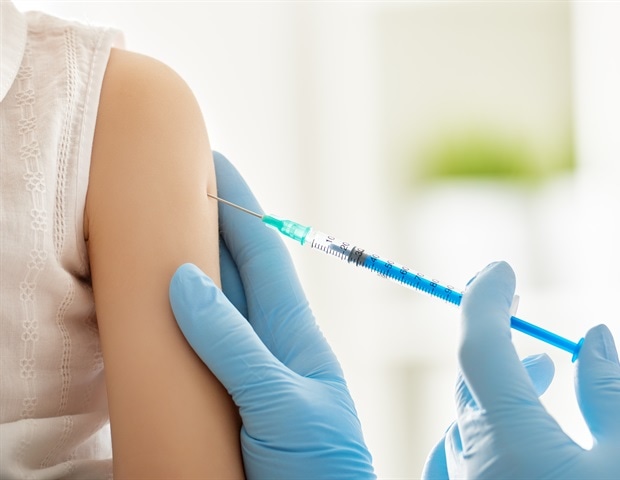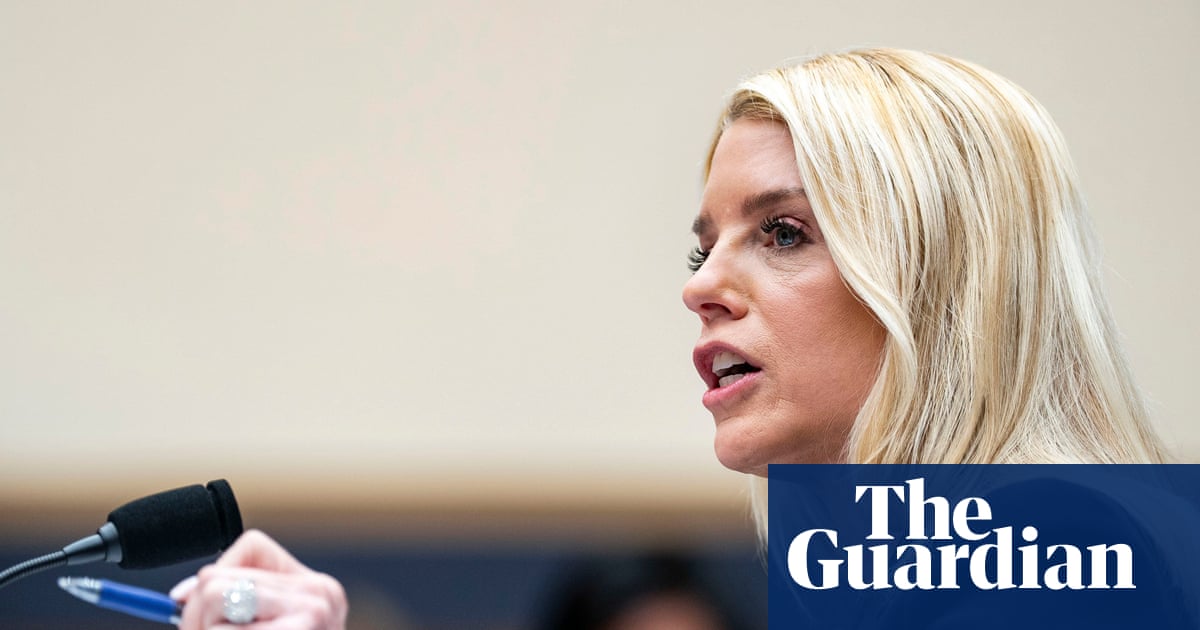
Department of Health and Human Services Secretary Robert F. Kennedy Jr. has proposed a controversial idea: adding autism to the list of conditions covered by the Vaccine Injury Compensation Program (VICP). This federal program allows families to file claims against vaccine providers when severe side effects occur. Kennedy also suggested expanding the definitions of two serious brain conditions — encephalopathy and encephalitis — to include autism cases.
Experts warn that such changes could lead to a flood of claims, threatening the program’s financial stability and providing vaccine opponents with a potent new argument. Legally, the Department of Health and Human Services (HHS) would need to undergo a notice and comment rulemaking process to revise the VICP table, which lists specific injuries presumed to be caused by vaccines within a certain time frame.
Potential Impact on the Vaccine Injury Compensation Program
The VICP was established in response to a crisis in the 1980s when a surge of lawsuits against vaccine makers threatened the vaccine supply. Paul Offit, a pediatric infectious disease specialist, recalls that litigation drove companies out of the business. The National Childhood Vaccine Injury Act of 1986 created the VICP as a no-fault system to provide compensation while protecting vaccine manufacturers.
Richard Hughes, a law firm partner and vaccine law expert, explained that adding autism to the table could result in an “exorbitant number of claims” that would jeopardize the program’s viability. Carole Johnson, former administrator of the Health Resources and Services Administration, noted that the system is already overburdened, with backlogs built into the statute itself.
Federal estimates suggest up to 48,000 children could qualify under a “profound autism” standard, with potential payouts averaging $2 million per case, at an initial cost of nearly $100 billion.
Historical Context and Legal Precedents
The debate over vaccines and autism is not new. In the late 1990s and early 2000s, Andrew Wakefield’s now-retracted paper alleging a link between the MMR vaccine and autism led to a surge of VICP claims. The Omnibus Autism Proceedings consolidated thousands of cases, ultimately concluding that vaccines do not cause autism.
Despite this precedent, the debate has persisted, fueled by cases like that of Hannah Poling, a girl who developed autism-like symptoms after vaccination due to a rare mitochondrial disorder. While the government conceded her case, it emphasized that this was specific to her condition and not indicative of a general link between vaccines and autism.
The Science Behind Autism
Current scientific understanding is that autism begins early in pregnancy, not in toddlerhood when most vaccines are administered. Catherine Lord, a UCLA clinical psychologist, emphasized that autism likely develops as the fetus grows, ruling out vaccines as a cause.
Peter Hotez, a vaccine scientist and father of an autistic child, reiterated that genetics and rare environmental exposures during pregnancy are the primary drivers of autism. He stressed that the overwhelming evidence shows no link between vaccines and autism.
Public Health Risks
Public health experts warn that undermining trust in vaccines could lead to a resurgence of diseases like measles, mumps, and rubella, which once caused significant morbidity and mortality. Walt Orenstein, former head of the CDC’s immunization program, highlighted the severe complications these diseases can cause.
“Measles vaccination averted an estimated 31.7 million deaths from 2000 to 2020,” notes “Plotkin’s Vaccines,” the field’s authoritative textbook.
Future Implications and Public Perception
If Kennedy moves forward with his proposal, HHS would need to draft a rule, open it to public comment, and defend the change in court. The scientific and public health communities are expected to push back against any changes that could undermine vaccine confidence.
Kathryn Edwards, a vaccine safety expert, warned that expanding compensation for conditions not clearly related to vaccines could suggest false links, similar to past actions like the removal of thimerosal from vaccines.
Ultimately, the debate highlights the tension between law, science, and public perception. The VICP was designed to balance compensation and vaccine supply, and adding autism could disrupt this fragile equilibrium.
As the discussion continues, families of autistic children, often feeling unsupported, are caught in the middle. Experts like Dorit Reiss argue for more direct support for these families, rather than expanding the VICP.
The path forward remains uncertain, but the stakes are high for public health, vaccine policy, and the families affected by these decisions.





